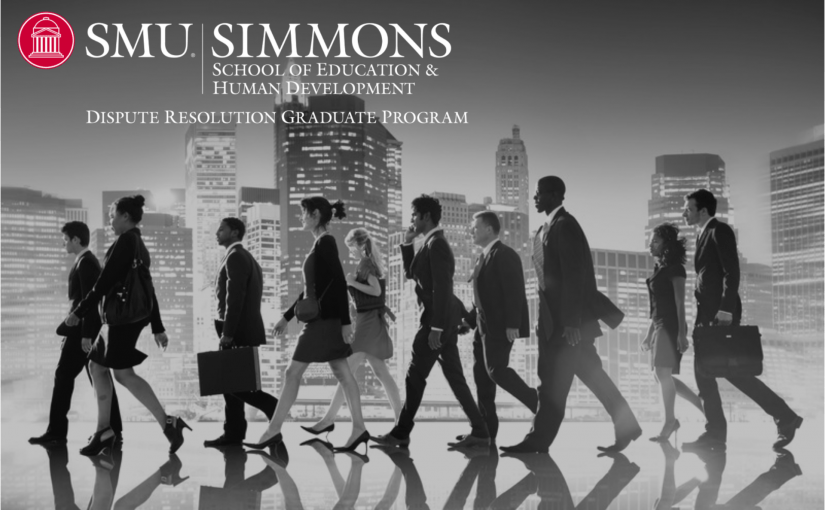SMU Dispute Resolution professor John Potter recently sat down with Justin Martin of KERA to discuss apologies and why are sometimes so difficult to make.
KERA News by Justin Martin
We’ve all made mistakes — it’s a part of being human. Apologizing for those mistakes is part of being human, too, but it’s not always easy.
We’ve seen an avalanche of apologies and pseudo-apologies made in the last few months — think Harvey Weinstein or Al Franken or, closer to home, Congressman Joe Barton.
SMU professor John Potter is an expert in dispute resolution and conflict management. He says to deliver an effective apology means considering what the person needs to hear rather than what you want to say.
“For most people when they apologize, they’re apologizing for themselves, saying they what want to say,” he says. “The key to an effective apology is saying what the person you’re apologizing to needs to hear — very different perspective.”
He says that disconnect can also lead to a bad, or ineffective, apology.
“We’re pretty sensitive to something when it doesn’t sound right and we just turn away from that person, when in fact, what that person really wants more than anything else is to be engaged, to be connected to the person they’re expressing regret to, so their relationship improves,” he says.
Potter says it’s easy to use an apology the wrong way and make things worse.
On how social media has changed the apology: “Social media changes everything when it comes to apology. Think of it this way: Imagine I write a book, it goes on a library shelf, and a hundred years from now, someone can find that book and read what I said. On the internet and in social media, that apology lasts forever and ever and ever, so if you don’t get the words in order correctly, if your words are not clear, if you’re ambiguous, then you have set yourself so far back you can’t recover. Clarity in a social media apology is paramount.”
On when you should make a face-to-face apology: “You should make a face-to-face apology when the relationship matters to you. If you’re my friend and we’ve been friends most of our lifetime, and I’ve done something harmful to you, this is not the time to send a text message. On the other hand, if we happen to work in the same building and I parked in your parking place and you’re mad at me, OK, a text message apology is just fine.”
On cultural differences in the apology: “There are cultural differences. Here is what I will normally will do in my own work: If I’m creating, writing, coaching someone on apology in a different culture, I’ll try and find an advocate in the culture to work with me, so I can go back and forth with that person to make sure the context is correct, make sure the tone is correct and that it’s more effective.”


